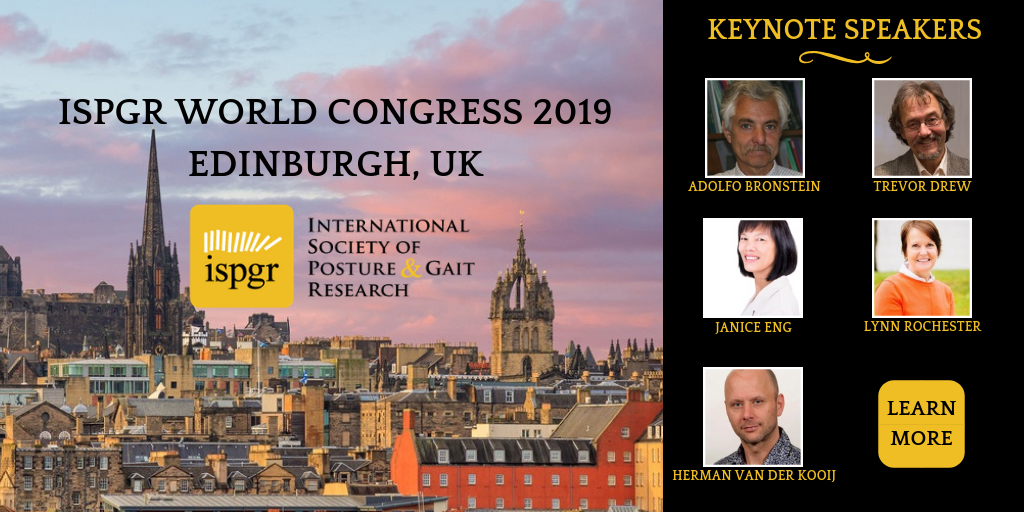We’re pleased to announce the keynote speakers for the 2019 World Congress, taking place from 30th June – 4th July, in Edinburgh, Scotland. Please click here for further details
Keynotes Announced


We’re pleased to announce the keynote speakers for the 2019 World Congress, taking place from 30th June – 4th July, in Edinburgh, Scotland. Please click here for further details